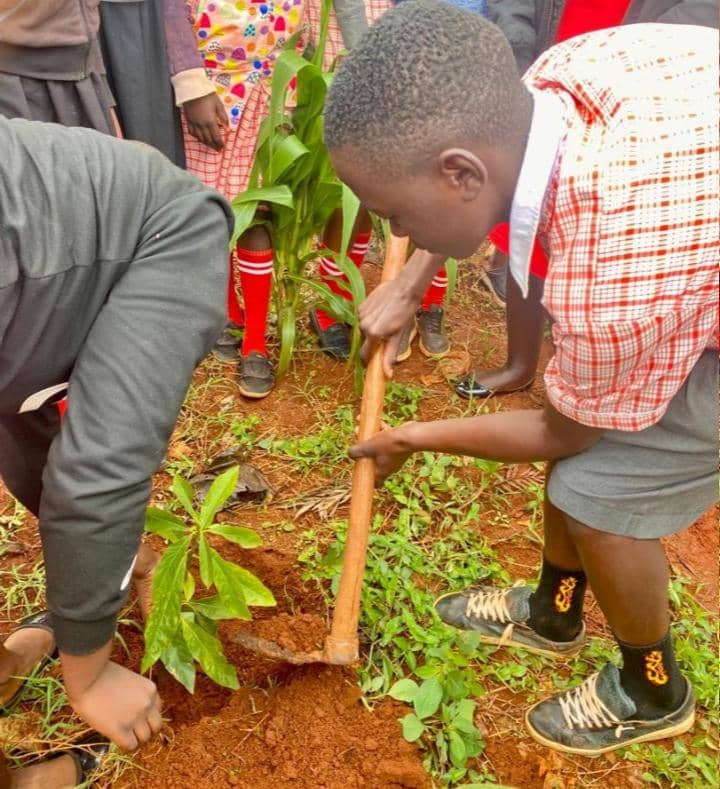
 Tiger FM
Tiger FM

 Tiger FM
Tiger FM
31 October 2025, 1:14 pm

By Ronald Ssemagonja
In a move to curb the dangers of climate change and promote cleaner cities, officials from the National Environment Management Authority (NEMA), the Petroleum Authority of Uganda, climate lawyers, and private sector representatives yesterday convened for the second edition of the Environmental Forum in Kampala.
The meeting, held under the theme “Sustainable Waste Management in Uganda’s Cities: Policy, Practices and Partnerships,” focused on strengthening collective efforts toward effective waste management and environmental conservation.
Victor Nawabwe, a senior manager at NEMA, highlighted the authority’s key responsibilities, noting that they play an oversight, auditing, and regulatory role in managing Uganda’s environment.
“We oversee, audit, and regulate environmental activities in Uganda. We work closely with the private sector, providing support and financing solutions. By collaborating in this way, we can address environmental challenges,” Nawabwe said.
Private sector representatives urged policymakers and the public to recognize that the future of Uganda’s environment depends on the actions taken today. They emphasized the importance of community sensitization and active participation in environmental conservation.
International climate lawyer Anete Garoza echoed the need for unity and collaboration.
“By working together, we can find better solutions, and with all stakeholders on board, we can create a cleaner environment. There is a need for a strong local push,” she said.
As part of recent efforts, Girls for Climate Action, an advocacy group, has been promoting individual tree planting and linking education with climate action. The initiative encourages learners to engage in practical environmental conservation activities, such as tree planting, fostering environmental stewardship from a young age.
Participants at the forum commended organizers for prioritizing public health through environmental action. They noted that poor waste management has led to diseases and loss of life, issues that can be prevented through proper planning and enforcement.
They called on government to prioritize environmental protection not only in urban centers but also in rural and remote areas, emphasizing that environmental challenges affect the country as a whole.
Their collective message to Ugandans was clear: every individual has a role to play in creating a cleaner, healthier, and more sustainable Uganda through efficient waste practices and innovative upcycling solutions.
